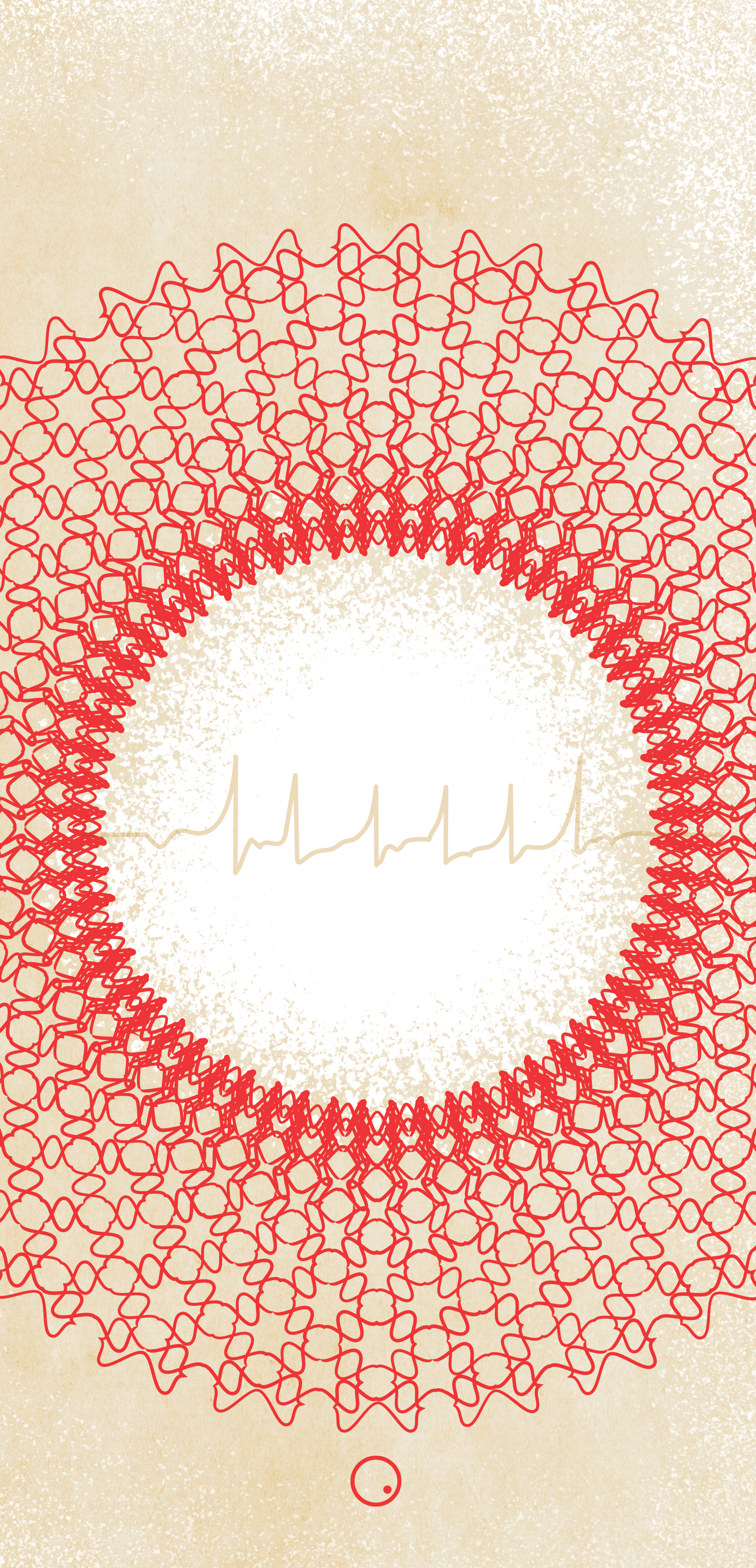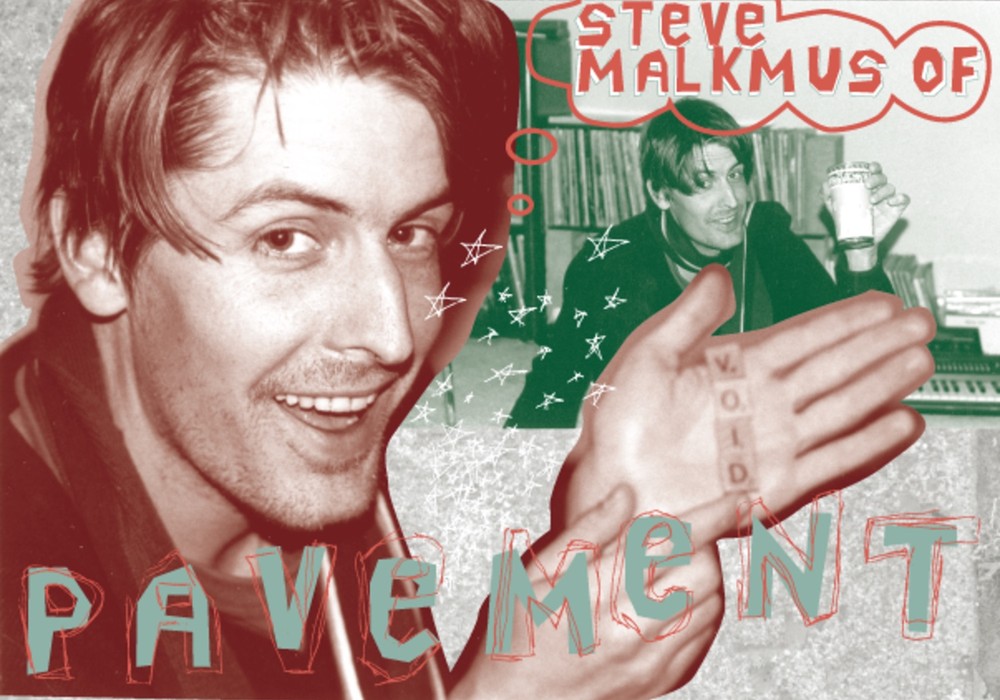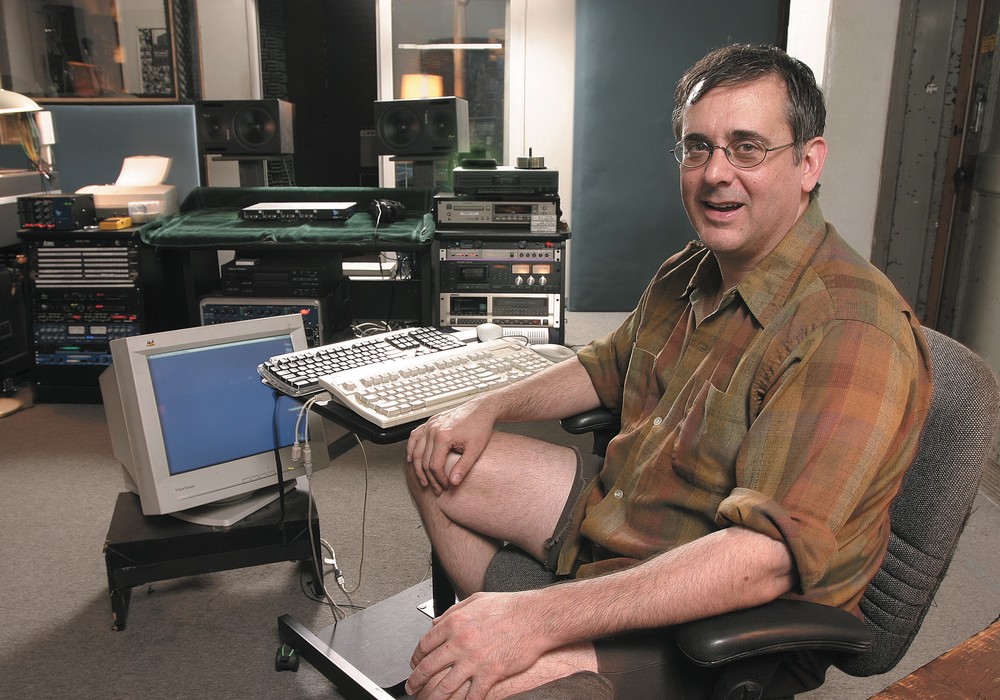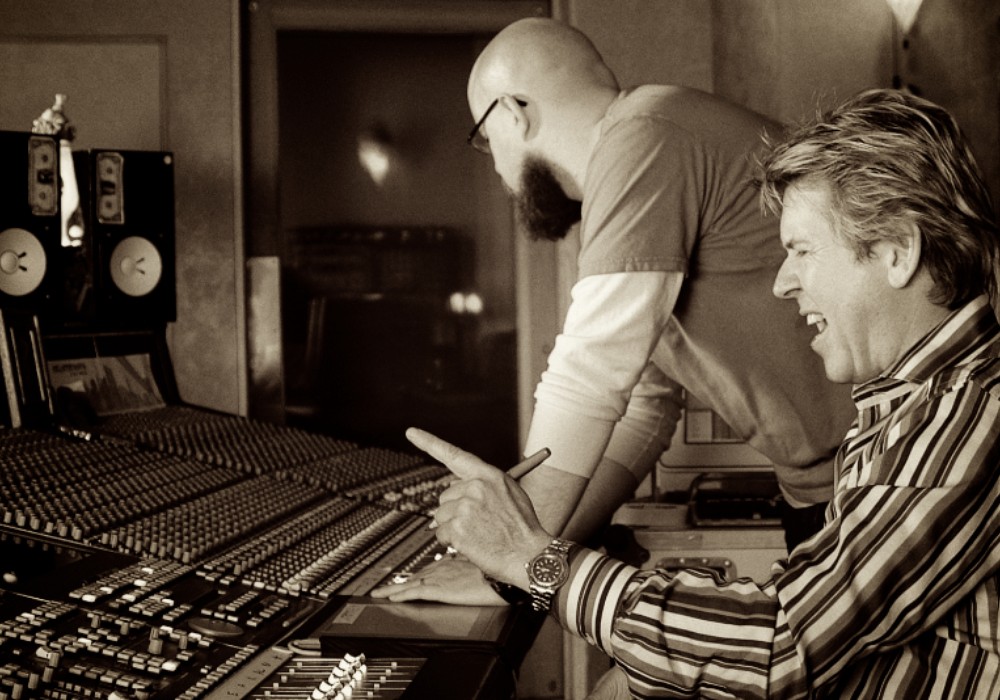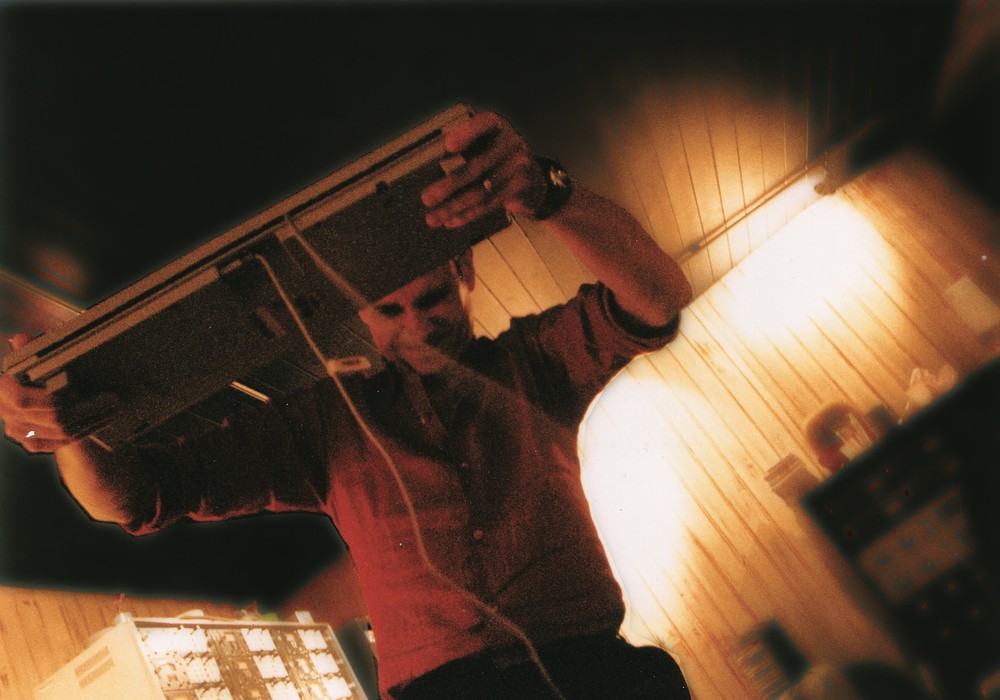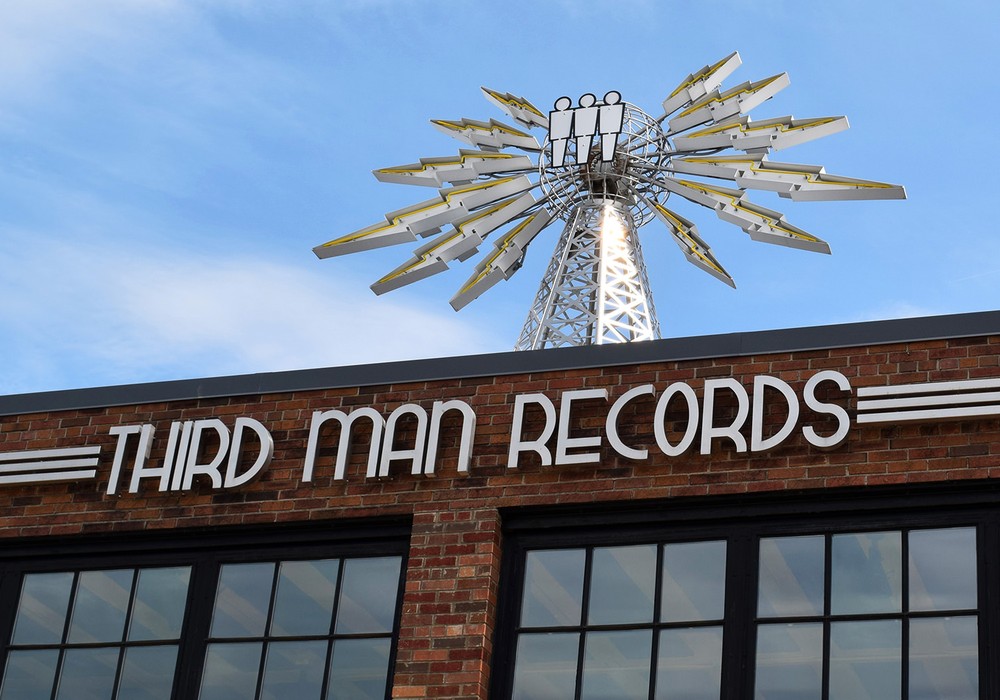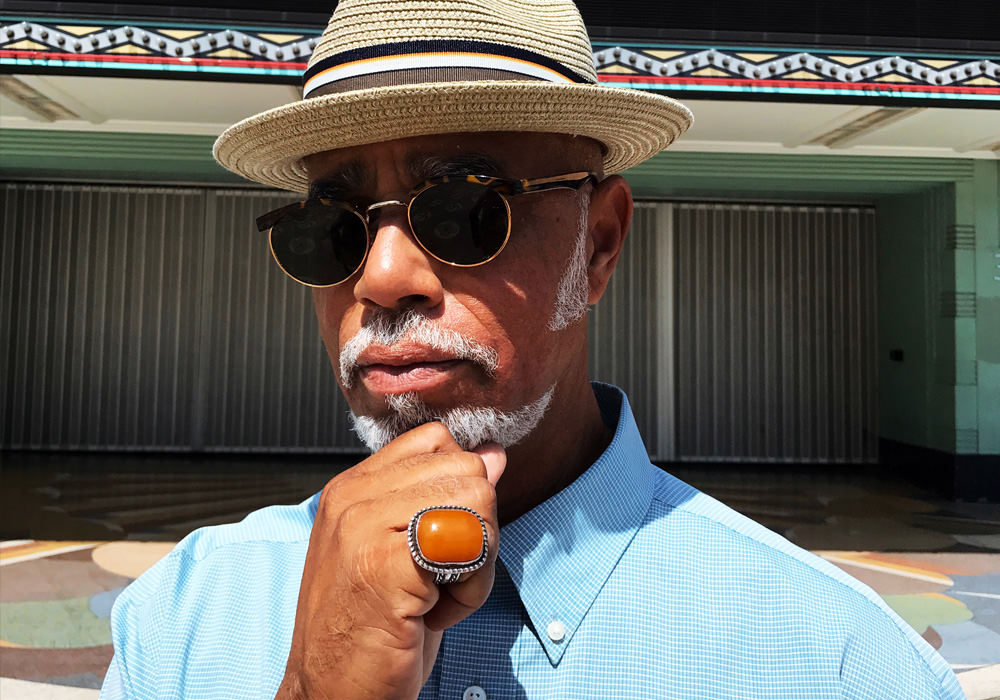What can I say? I love music. I can't envision a world that is absent of music. Like many, I have the dream of becoming a rock star. I picked up my first issue of Tape Op because it contained an article with Quasi, but I was soon hooked. Logic invaded my mind and it became clear that if I didn't reach my rock star goal, then maybe I could own my own recording studio and help other musicians attain their dreams. I got all the back issues of Tape Op, took a recording class and got my first cassette 4-track (a measly PortaStudio 3). I was on my way. But I was still confused by the terminology that I read in Tape Op. What was EQ? Compression? Bouncing? All of these became enveloped into my vocabulary, but I didn't know what they meant. I decided it was time to get an internship.
Picking Your Studio
It's important to pick a studio that suits your needs. I wanted something very analog oriented. I felt that a solid foundation in analog recording would give me a starting point to work into the digital field. Look at your favorite albums. Find out where they were recorded. Get on the web, see if the studio has a website. In a word: Research. Know who you are getting involved with. Is it a laid back studio? Is it professionally run? A project studio? What's the influx of clientele? These are important questions to ask. Also see what the studio is about. Go down and take a tour of the studio. But let a few months pass before you propose an internship. If you're like me, a very poor college student, and don't have a car, is the studio close to where you're living? What are the hours of operation? Can you fit it into your schedule? With me, I chose Larry Crane and Jackpot! Recording Studio. It was close to my house, a lot of my favorite albums came out of there, and from what I've seen on the Internet and read in Tape Op it seemed like a really laid back sort of studio. Once you have a few options under your belt, it's time to...
Make First Contact
It's time to introduce yourself. There are many ways to do this. Call up and ask them, drop off a resume, e-mail them etc. It's really up to your discretion. What's the vibe of the studio? What would they react to? Probably the best way to get into interning is to become a client first. Studio owners always love a paying customer. Do a few sessions, talk to the engineer, ask him questions, befriend a band and come into the studio during their sessions. From there just mention how cool it would be to intern there and see if they take the bait. I mean you have to convince them to get an intern, they've probably functioned without one and don't see any reason to have one, but convince them otherwise. Sell yourself. If things go well then you might get the...
Internship
With me, it wasn't anything special. I e-mailed Larry and said, "I want an internship and I'll work for free." Larry replied and said, "I'll think about it." Three months later I e-mailed him again and said, "I want an internship." Larry replied saying, "Sorry, I already have an intern, but if this goes well then maybe I'll take on another when the first leaves." I got offended and e-mailed him back. Larry hadn't paid attention and the intern he was talking about was me, but he didn't pay attention to who was e-mailing him. So when I came back to Portland for the summer I began to intern. Now any intern who thinks that they are going to get behind the board on the first day is a fool. Internship roughly translates into shit jobs. But you can take advantage of that. That first day at Jackpot! I washed and waxed the floor, cleaned the toilets, picked up six football fields worth of cable, washed the windows, changed the water cooler, answered the phone, replied to people's request for back issues of Tape Op, and dusted. And that would be the outline for the rest of my summer. The best bet with any job or internship is to take as much shit as possible, laugh at the boss' jokes, smile a lot, and don't get in the way. Jackpot! is set up to only need one engineer behind the board. Two's a crowd and don't think that three's company, 'cause it isn't. But as I said before, take as much advantage as possible. Listen in on conversations. See how the engineer, producer and band interact. Watch the engineer's hand, try to get the gist of what they are doing. Casually ask questions. With Larry, I transcribed way too many Tape Op articles and those were a source of information. Then I would take breaks in the studio itself and watch Larry, ask him stupid questions, and joke about the band when they couldn't hear us. It was a fun, but intense summer. Some days I would get home and be too overloaded with information to function. I would read old issues of Tape Op and be able to comprehend most of what was being said. Of course, I never got a chance behind the board, but I did invite one of my friends into the studio, who had money to kick around, and played the role of quasi-producer. It was fun, and the songs the recorded sounded great, though incomplete.
Internships can be fun or they can be an ordeal, depending on the people involved. I learned tons of stuff that summer, but then again I didn't earn any money in a real job. Larry compensated with free CDs, and gift certificates. The most valuable thing I learned is that running a studio takes dedication. You have to sit through the slow times, deal with the stressful times, budget religiously, and once you have a studio it's all about self-promotion. Don't start a studio and expect bands to flock there in droves. Get into the music scene, make a few friends, mention your studio every chance you get. Finally, as Larry has pointed out time and time again, it's not the technical toys you have to record with that makes a band sound good. Overall, it's the band's music, and the songs themselves that remain as the ultimate test. It doesn't matter if you used a Joe Meek compressor, or even a Manley mic, no one's going to care if the music is shit. So go out, get that internship and help in the making of some great music, even if that means answering the phones all day. "Hello, you've reached Jackpot! Recording!"
Interviews | No. 15
Steve Malkmus: of Pavement
by Larry Crane
Pavement. The band that sets many an indie rock heart aflutter. Well, they no longer exist now, having performed their last show in London last fall. We chatted extensively with Pavement's "leader"...
